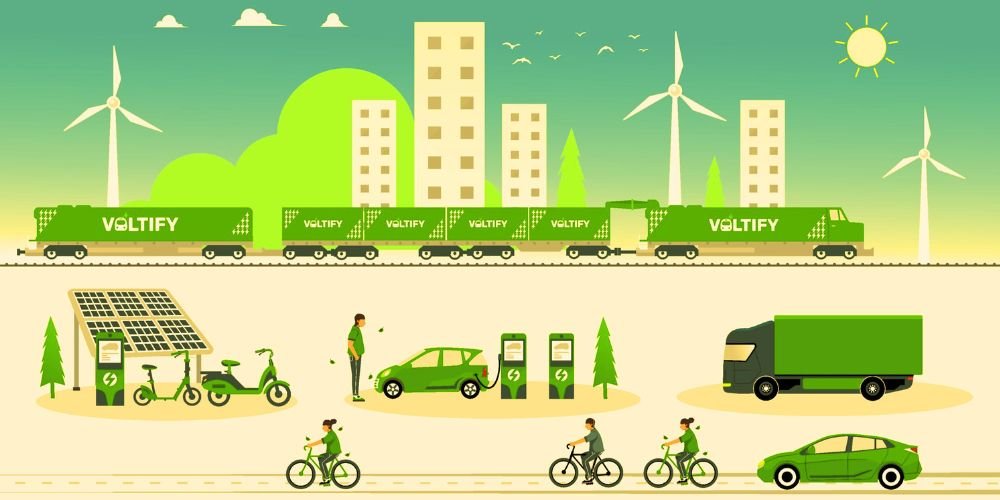Sustainable transportation is imperative for a greener, healthier, and more equitable future. This insightful analysis explores the significance of sustainable transportation, its impact on the environment and society, the challenges it faces, and the exciting potential it holds in transforming how we move and connect.
Significance of Sustainable Transportation
It holds immense significance due to the following key aspects:
- Environmental Impact: It reduces greenhouse gas emissions, air pollution, and reliance on fossil fuels, mitigating climate change and preserving air quality.
- Energy Efficiency: The systems are energy-efficient, utilizing resources effectively and reducing overall energy consumption.
- Public Health: It promotes active transportation, such as walking and cycling, thereby improving public health outcomes through increased physical activity.
- Social Equity: It ensures accessibility and affordability for all, addressing social disparities and improving mobility for marginalized communities.
Impact on the Environment and Society
Sustainable transportation has far-reaching impacts.
- Climate Mitigation: Decreasing carbon emissions significantly contributes to global efforts to combat climate change.
- Improved Air Quality: Reducing pollutants enhances air quality, resulting in healthier environments and reduced health care costs.
- Traffic Congestion Reduction: Efficient transportation systems help alleviate traffic congestion, saving time and reducing commuter stress.
- Economic Benefits: Its investments spur economic growth, creating jobs and fostering innovation in green technologies.
Challenges in Sustainable Transportation
Sustainable transportation faces several challenges:
- Infrastructure: Insufficient or outdated infrastructure for sustainable modes such as public transit, cycling, and pedestrian pathways impedes adoption.
- Policy and Regulation: The lack of comprehensive policies and regulations to incentivize hinders progress.
- Behavioral Change: Encouraging a shift in attitudes and behaviors towards sustainable modes of transportation is a persistent challenge.
- Funding and Investment: Adequate financing and investment in initiatives are crucial for successful implementation and scalability.
The Future of Sustainable Transportation
The future of sustainable transportation holds exciting possibilities:
- Electrification and Alternative Fuels: The transition to electric vehicles and the exploration of alternative fuels will reduce transportation’s carbon footprint.
- Smart Mobility Solutions: Integration of smart technologies for efficient traffic management, car-sharing, and multi-modal integration will optimize transportation networks.
- Active Transportation Promotion: Investments in pedestrian- and cycling-friendly infrastructure will encourage active transportation, enhance public health, and reduce congestion.
- Policy Innovation: Policymakers will continue to drive change through innovative policies, promoting sustainable transportation through incentives and penalties.
Conclusion
Sustainable transportation is a vital component of creating a sustainable and livable future. It is not just about moving people and goods; it’s about responsibly and thoughtfully considering the environmental, social, and economic impacts. By investing in sustainable transportation, we invest in a cleaner planet, healthier societies, and improved quality of life. With collective efforts, innovative solutions, and progressive policies, we can steer towards a future that is the norm, benefitting current and future generations.





